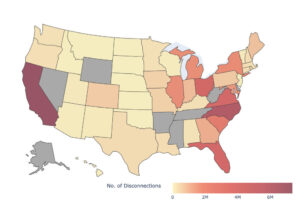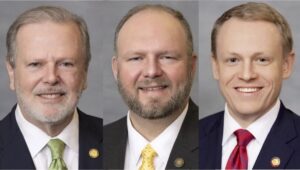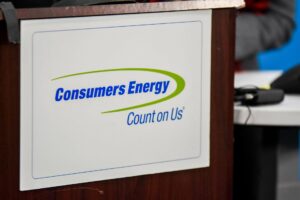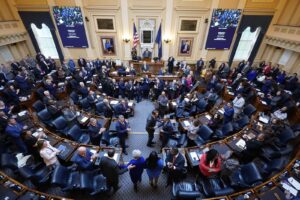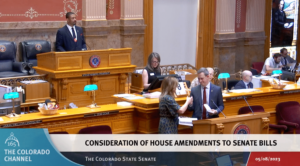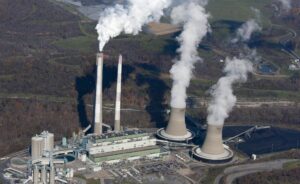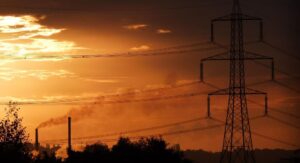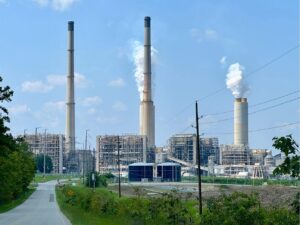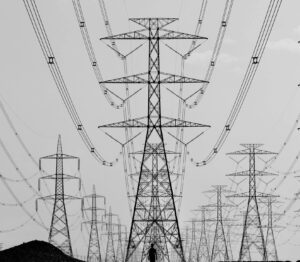
Utility lobbyists host private gathering in Red Sox suite for regulators ahead of NARUC meeting
January 8, 2026
The trade association representing for-profit electric utilities hosted utility regulators alongside industry lobbyists in a luxury Fenway Park suite for a Red Sox game on the sidelines of a regulators’ conference last July, according to public records obtained by the Energy and Policy Institute. The Edison Electric Institute (EEI) is the trade association for monopoly…
Read moreArticles
New Mexico Gas Company latest utility facing private equity takeover
New Mexico Gas Company latest utility facing private equity takeover
A private equity firm whose limited experience owning utilities is checkered with compliance problems and cost overruns is attempting to buy the New Mexico Gas…
Reports
Showing 10 out of 31 reports
Get in touch
Want to schedule an interview with one of our staff members? Do you have a question or want to provide information? Contact us.

